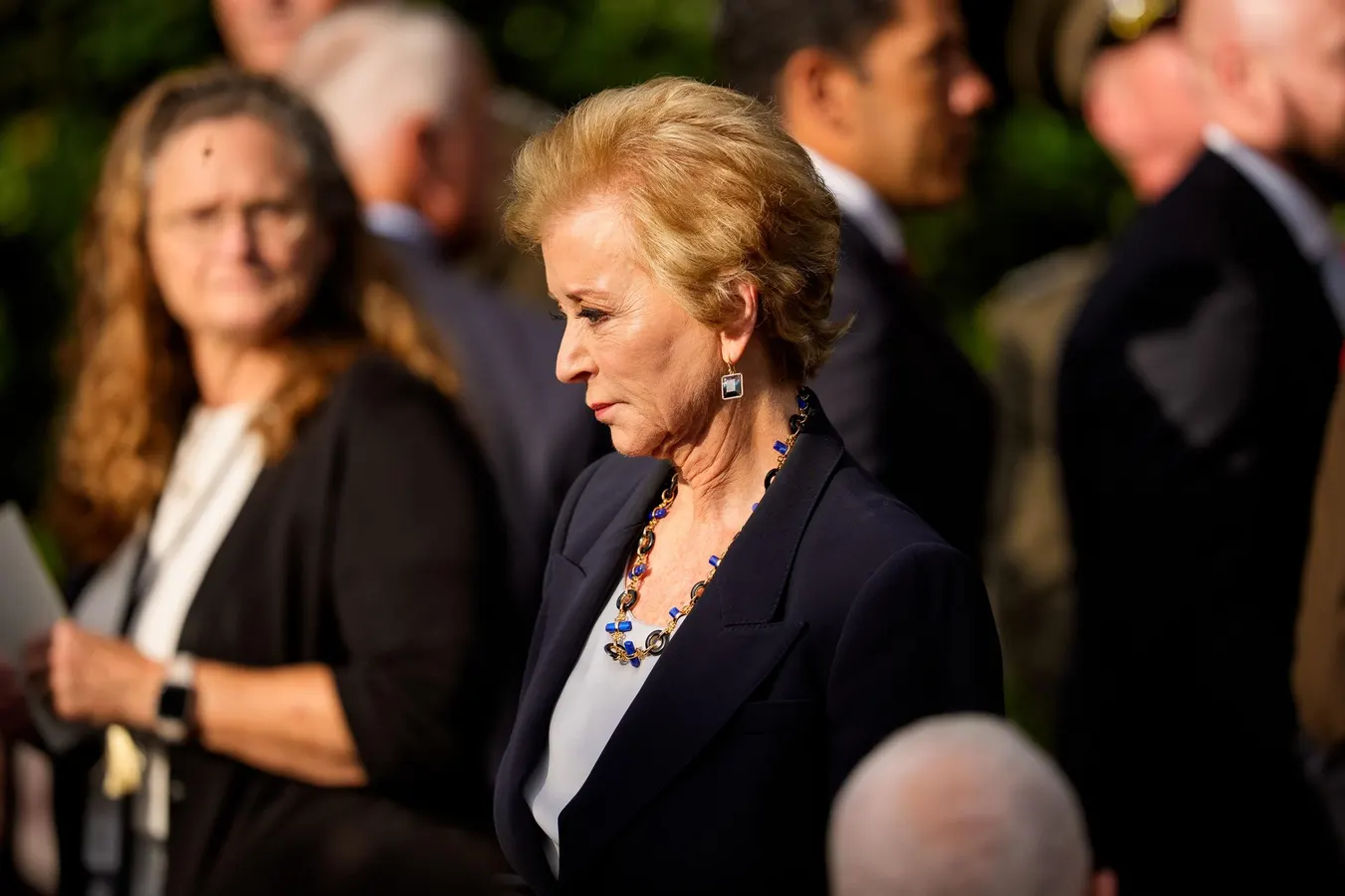By Global Issues,Jackie Cabasso
Copyright globalissues

Opinion by Jackie Cabasso (oakland, california / basel, switzerland)Friday, September 26, 2025Inter Press Service
OAKLAND, California / BASEL, Switzerland, September 26 (IPS) – In 2013, frustrated at the lack of progress on nuclear disarmament, the United Nations General Assembly declared September 26 as the International Day for the Total Elimination of Nuclear Weapons. This international day provides an opportunity to enhance public awareness and education about the threat posed to humanity by nuclear weapons and the necessity for their total elimination.
Annually on September 26, the UN also holds a high-level meeting of world leaders to discuss “urgent and effective measures” to achieve global nuclear disarmament.
At this year’s high-level meeting, world leaders meeting at the UN to commemorate the International Day for the Total Elimination of Nuclear Weapons are being called upon to stand down nuclear forces, end the costly nuclear arms race and commit to achieving the global elimination of nuclear weapons no later than 2045, the 100th anniversary of the United Nations.
The call is being issued in a Joint Appeal for September 26 by over 500 civil society organizations representing peace, disarmament, human rights, environment, business, religious, youth, development and academic communities from around the world. It has been endorsed by an additional 800 individuals, including parliamentarians, local officials, religious leaders, Nobel Laureates, former diplomats, academics, scientists, medical professionals, youth leaders, and other members of civil society.
The designation of this date is not arbitrary. One of many times humanity has come perilously close to nuclear war was September 26, 1983, at the height of the Cold War. A nuclear war was narrowly averted when Colonel Stanislav Petrov, Duty Officer at a Russian nuclear early warning facility, broke protocol by not affirming to senior command an apparent incoming ballistic missile attack from the United States (later confirmed as a false alarm).
Two years later, the countries at the brink jointly declared that “a nuclear war cannot be won and must never be fought.” This commitment has been reaffirmed in intervening years, including in a statement by the P-5 states in 2022 and in the Pact for the Future adopted by consensus at last year’s UN Summit of the Future.
However, today the risk of nuclear war by accident, miscalculation, crisis escalation, or malicious intent, is higher than ever, with the Doomsday Clock ticking closer to midnight than in 1983. The use of nuclear weapons by any of the nine nuclear-armed States or their nuclear allies would have catastrophic human, economic, and environmental consequences.
The use of just a small fraction of the 12,500 nuclear weapons in the world’s stockpiles could end life as we know it. In addition, the $100 billion spent annually on nuclear weapons is sorely needed to support peacemaking, environmental protection, and other urgent needs of humanity and the planet, as expressed through the Sustainable Development Goals.
The world’s highest court, the International Court of Justice, in 1996 affirmed that the threat and use of nuclear weapons is generally illegal and that there is a universal obligation for states to negotiate in good faith to achieve comprehensive nuclear disarmament.
States currently relying on nuclear weapons for their security have an obligation to replace these policies with approaches based on international law and common security, as outlined in the UN Charter.
Dr. Deepshikha Kumari Vijh, Executive Director of the Lawyers Committee on Nuclear Policy, who will present the Joint Appeal to the September 26 High-Level Meeting, points out, “The 1996 International Court of Justice Advisory Opinion held that there exists an obligation to pursue in good faith and bring to a conclusion, negotiations leading to nuclear disarmament in all its aspects under strict and effective international control. Nuclear Weapon States are urged to meet this obligation.”
Nuclear armed and allied States can’t avoid the nuclear disarmament obligation on the excuse that they need nuclear weapons for security. In order to fulfill this obligation, they are required to meet their security needs in other ways, including in accordance with the UN Charter which prohibits the threat or use of force.
The Pact for the Future includes commitments to prevent nuclear war and achieve the global elimination of nuclear weapons. UN Member States should use the opportunity of the International Day for the Total Elimination of Nuclear Weapons and UN High Level Plenary Meeting on September 26 to announce concrete plans to achieve these goals.
The signers of the Joint Appeal call on leaders, legislators, and officials at all levels of governance (local/municipal, states, countries, and regional bodies) to:
Affirm that the threat or use of nuclear weapons is inadmissible;
Advance tangible measures by nuclear-armed and allied States to implement this obligation, including standing down nuclear forces and adopting policies never to initiate a nuclear war;
Pledge to achieve the global elimination of nuclear weapons no later than the UN’s centennial anniversary in 2045, and immediately undertake actions, including through multilateral negotiations, to implement this pledge;
Cut nuclear weapons budgets, and end public and private investments in the nuclear weapons industry; and
Redirect these funds to strengthen the United Nations, advance peacekeeping and conflict resolution, accelerate steps to protect the climate, and meet human and economic needs as required under Article 26 of the UN Charter.
There are a number of pathways to reaching the peace and security of a world without nuclear weapons. But the nuclear-armed States and their allies must commit to ending reliance on the ever-more-dangerous doctrine of nuclear deterrence – the threatened use of nuclear weapons – as the basis for their national security.
They could do this by negotiating a comprehensive and inclusive nuclear-weapons-convention similar to the Chemical Weapons Convention. Or they could start with a framework agreement on nuclear disarmament and fill in the details of the implementation mechanisms later.
Or they could negotiate protocols that would enable them to join the Treaty on the Prohibition of Nuclear Weapons. Under any of these pathways, the elimination of nuclear weapons no later than 2045 is imperative and it is feasible.
No time is better than 2025 – the 80th anniversary of the nuclear bombings of Hiroshima and Nagasaki and the establishment of the United Nations – to undertake these actions to achieve a nuclear-weapon-free world to protect current and future generations.
Read the Joint Appeal for September 26 and see the list of endorsing organizations and individuals at www.nuclearabolitionday.org.
Jackie Cabasso is Executive Director, Western States Legal Foundation (USA) and Alyn Ware is Director of the Basel Peace Office (Switzerland), on behalf of the September 26 Working Group
IPS UN Bureau
© Inter Press Service (20250926050425) — All Rights Reserved. Original source: Inter Press Service



